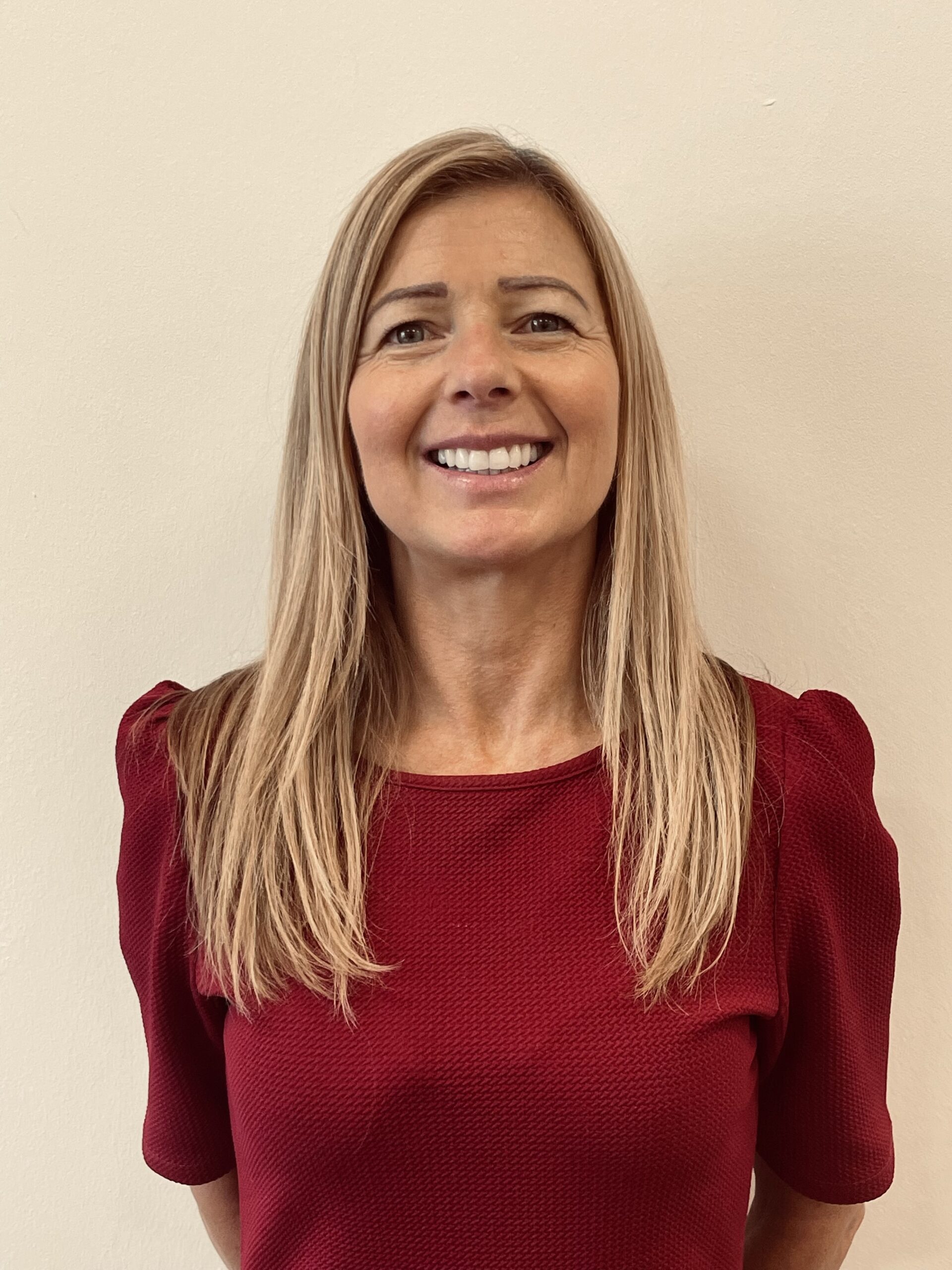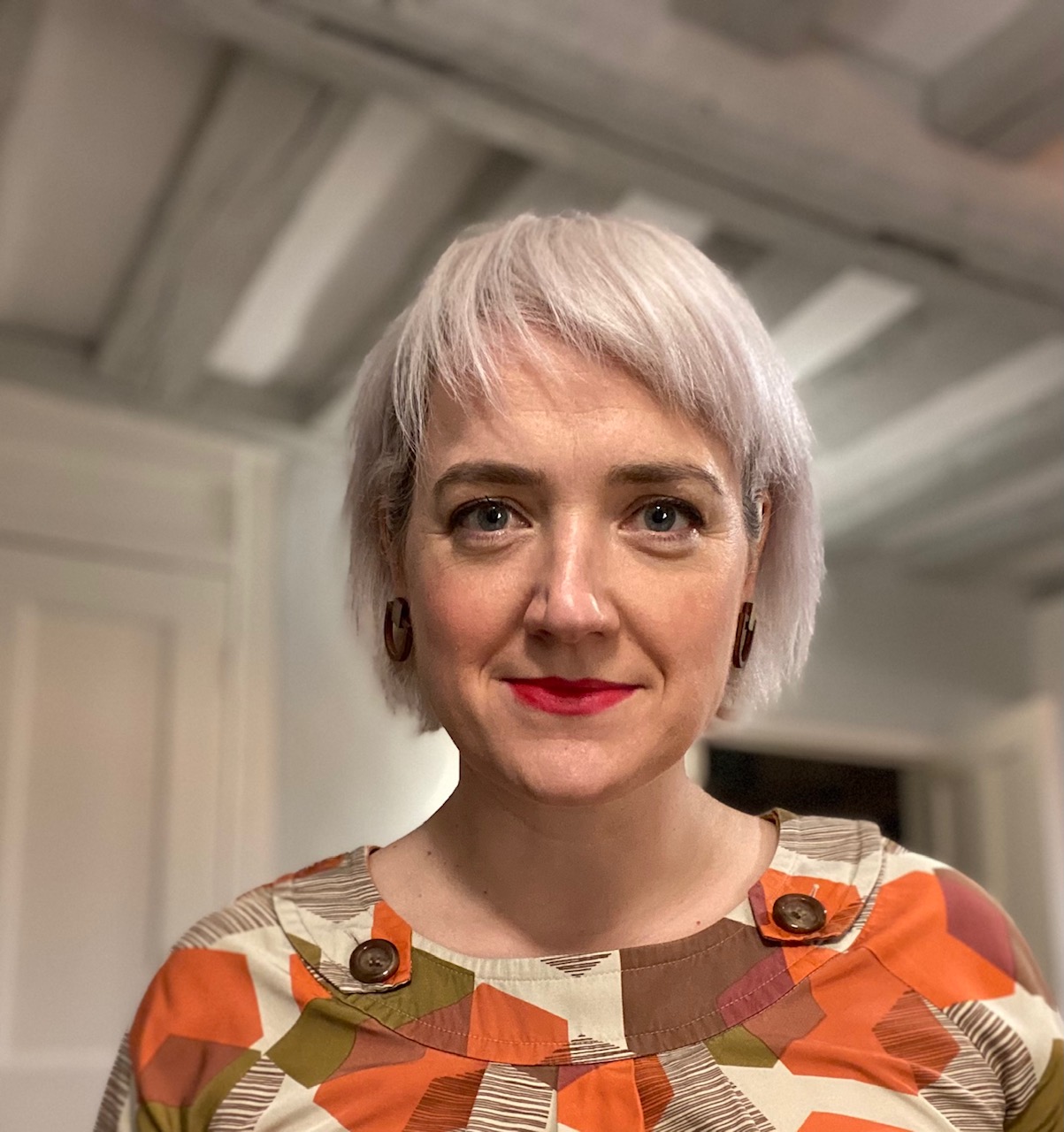This is our third blog, and it finds us further ahead in our ongoing journey to understand why managers and medics struggle to lead collectively and with trust and transparency in the NHS today. In our earlier blogs we explored how well understood healthcare managers are[1] and how partnership working in practice can be hampered by learnt mindsets reinforcing professional differences [2]The huge response to these blogs indicates the topic has relevance to many in UK health services today.
Earlier this Spring, to explore this further, we hosted a Tweet chat with BMJ Leader, Proud2bOps and the Faculty of Medical Leadership and Management (FMLM). Our aim was to hear more voices on these topics, focusing on good collaboration and collective leadership between managers and medics. We considered what it looks and feels like when we take responsibility jointly and equally, and what stops it happening more often, or more widely encouraged to build greater strength, rather than feeling like a compromise. Reflections included frequent lack of time, a tolerance of ignorance, and gaps in understanding of each other’s roles.
One of the medically trained participants in the Tweet chat noted there can be a presumption amongst clinicians that they have a monopoly on patient-focused care and patient safety, when in their own experience, the most patient-focused people they had met were managers. Indeed, much good management training (such as that provided by the NHS Leadership Academy[3]), is focused on understanding the experience and delivery of services for users, and safety-critical principles and systems thinking. Clinicians may fail to realise this; assuming incorrectly that managers have all been schooled with a corporate MBA or have predominantly financial skills.
We heard that the curriculum at medical school and role models early in a medic’s career didn’t always see managers as on the same team. It isn’t just in our early training – colleagues noted, and we would agree, that it is still true that managers and clinicians often face different pressures and have varying views of what “good” means – aligned to divergent measures in how performance is assessed and valued. Managers need to lead here too – it’s too easy to hide behind the furniture of structures and processes than to engage on a human level and understand one another. These themes led to some suggestions for novel personal and professional learning, for blended education. As leaders we needed to be more intentional in recognising our own gaps in knowledge, and the risk of such cultural divides leading to a lack of respect, but formal tools can help.
Our work on this theme has revealed that current educational and organisational development systems are not well set up for managers and medics to understand one another. Conferences and training programmes tend to specialise or be accredited within professional boundaries, or structured to accommodate particular working patterns, which limit wider participation. The Messenger Review[4] has highlighted the poor structure and consistency in leadership development and a need for more focus on collaboration, as well as greater recognition of the skills and professionalism of NHS management.
Let us step back and consider the development of operational managers in UK Health services. Proud2bOps is a national network established to energise, connect, and develop operational managers and leaders. As a network, Proud2bOps recognises that the greatest learning and development takes place in the spaces where people feel safe, foster curiosity, and regularly connect with multiple professionals to access operational knowledge and practical excellence. Despite these spaces being well evidenced to be hugely beneficial, reality remains that those that need it most, often fail to access these impactful opportunities because of professional boundaries we have ourselves put in place, and which structures within the NHS and professional regulators can reinforce.
If we need better collective leadership and collaboration, in this time-poor world how do we teach this, and find ways to learn this together, across professional boundaries – what if we approached this differently? As leaders we all also know that our competence is our responsibility. If you are reading this, you probably also believe in keeping your knowledge up to date with new ideas and research. We see opportunities to harness our leadership and curiosity to improve the status quo.
FMLM and Proud2bOps would rather start with collaboration, avoiding isolated leadership development, and so working together they propose a novel upstreaming and real-time collaborative approach to learning and development, and are keen to hear from colleagues and systems who feel the same.
Upstreaming means providing learning development opportunities that involve both medical and management professions and insist on collective responsibility and presence. Rather than separate routes for clinical and non-clinical professions, and then perhaps at a more senior level learning paths may join – if you are fortunate to have the opportunity. Deliberately development offers would prepare and solidify understanding, shared experiences, and improve visibility of collective leadership and responsibility between managers and medics. Building on this principle, we would take forward implementation of the Messenger Review recommendations and co-design leadership and management standards and related programmes to be multi-professional and reliant on collaborative learning, mutual respect, and responsibility.
Real-time development means moving away from “parachute” interventions – coming in when either there is a problem, or we want a special programme to help a specific cohort of individuals to emerge with skills and abilities that will save the day. Instead, we propose a supportive, collaborative programme, where problems and issues are recognised immediately and ongoing as they arise, as shared and professionals are connected. Such real-time development would focus on knowing each other and appreciating difference through appreciation of values and motivations on all sides.
Formal development will help of course, but as leaders what stops us from sitting down with colleagues across the professional spectrum and taking time to check in and make sure all points of view are understood; that we really do have shared goals, and shared expectations of what these really mean. Start with your own education – start today. Spend a day with a manager or medic you don’t know (or one you do or think you do). Ask what is available in your organisation as formal training and development for medics/managers and join. As a participant in our Tweet chat summarised perfectly: actively seek opportunities to learn. Really go after what you don’t know. Be vulnerable in that space. Listen a lot. Invite people into a conversation. If you can, help. Really help. In times like these we cannot afford not to.
Join the conversation: There is more to come from us on this topic in the future and we want to hear from you. Join us and BMJ Leader in further conversations – let us know what you try, and have tried, and what works.
References
[1] “Managers value you; do you know enough to value them?” by Emma Challans-Rasool and Charlotte Williams – The official blog of BMJ Leader
[2] https://blogs.bmj.com/bmjleader/2023/01/25/why-are-managers-so-often-seen-to-be-on-the-dark-side-and-who-puts-them-there-by-emma-challans-rasool-and-charlotte-williams/
[3] https://www.leadershipacademy.nhs.uk/programmes/
[4] Health and social care review: leadership for a collaborative and inclusive future – GOV.UK (www.gov.uk)
Authors

Emma Challans-Rasool
Emma has worked across healthcare for almost 20 years. She started her career in Clinical Audit and Effectiveness working across Sheffield health and care partners. Emma has been fortunate to lead in various senior leadership roles including Operational Management, Service Improvement, Organisational Development and Transformation. Emma’s public sector experience spans acute, community, primary care and independent. She has also gained experience within the private healthcare sector and worked across Europe as a Senior Consultant supporting organisational review and effectiveness.
Emma has a strong passion for improving quality of care for patients and creating the right conditions and opportunities that people can thrive in. Emma believes dearly and holds a constant ambition to develop and sustain cultures where networking, compassion, motivation, belonging and learning for improvement is valued and lived through the behaviours of people and systems. She is the Founder and Chair of Proud2bOps, a national network of operational professionals from health and care providers. Emma believes in teamwork, relationships and creating an inclusive and trusted culture where colleagues are supported to provide outstanding care and be the best that they can be.
Declaration of interests
I have read and understood the BMJ Group policy on declaration of interests and declare the following interests:
- Director of Organisational Development, Culture and Talent at NHS Nottingham and Nottinghamshire ICB
- Ambassador of the OD Academy
- Board Member: BMJ Leader International Editorial Advisory Board

Charlotte Williams
Charlotte is Chief Strategy & Improvement Officer at Mid and South Essex NHS Foundation Trust. She is a member of the Trust Board and leads on quality improvement and innovation, planning and system and service redesign, clinical service strategy, Digital Services, and strategic intelligence. Within Mid and South Essex, Charlotte partners with the Integrated Care System to support change across health, local authority and third sector, and the MSE Anchor programme, working with colleagues across the public, voluntary, university and commercial sectors to add social value and positively influence the social, economic and environmental conditions in the area. Alongside Professor Tony Young, she leads the NHS InSites Test and Evaluation Programme starting across 10 NHS Trusts, and is one of the hosts of the NHS Clinical Entrepreneurship Programme, now in its 6th year.
Prior to her current role, Charlotte was Director of Strategy at the Trust, and MSE Group Director for Strategy and New Care Models. Charlotte joined the MSE Foundation Trust in August 2017 from UCLPartners Academic Health Science Partnership where she was Chief of Staff, working across discovery science, clinical research, and innovation. This included wealth creation and business development. She was seconded for two years to NHS England’s Strategy Group, within national policy and strategy development, contributing to the Next Steps on the Forward View and the NHS Vanguard Programme. Previously as the founding Executive Director of the London Cancer Integrated Cancer System, Charlotte helped drive major system change in the capital, after nine years as a senior manager in acute hospital operations.
Charlotte works with the NHS Leadership Academy, the Faculty of Medical Leadership and Management to support future leaders in health and care. She is an Action Learning Set Facilitator and sits as an NHS Expert Commentator on the NIHR Health Services and Delivery Research Programme, an Assessor for the Health Foundation’s Q Community, and SBRI Healthcare. Charlotte is also Vice Chair of Ehlers-Danlos Support UK.
Declaration of interests
I have read and understood the BMJ Group policy on declaration of interests and my interests with MSEFT, FMLM and EDSUK may be noted, although none is in conflict with this activity.